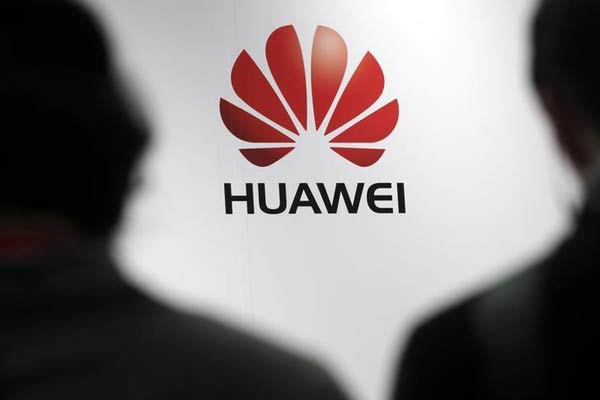Huawei's smartphone sales shoot up after copying Xiaomi's online strategy
(Agencies) Updated: 2014-12-24 09:44
 |
|
Journalists attend the presentation of the Huawei's new smartphone, the Ascend P7, launched by China's Huawei Technologies in Paris, May 7, 2014.[Photo/Agencies] |
China's Huawei Technologies Co Ltd has taken sales of its low-price Honor brand of smartphones to 20 million from 1 million in just one year, hitting pay dirt with the disruptive online-only strategy it copied from smaller upstart Xiaomi Inc.
Given the early signs, Huawei executives hope to emulate the phenomenal growth of Xiaomi, which broke into the global top five in just a few years - a success not likely to go unnoticed by the growing ranks of low-cost Chinese smartphone makers.
But analysts say the low-cost strategy has fanned the price wars and thin profit margins prevalent in China, and that its spread could affect margins at all makers.
Honor brand president Jeff Liu said industry transition to an online sales strategy was inevitable given the competitive pricing, afforded by reduced distribution expenses that would otherwise make up 30 percent of handset costs.
"E-commerce is massively changing the traditional channels for the smartphone industry, and we needed to go in that direction too," Liu said in an interview in Beijing, where he unveiled the Honor 6 Plus smartphone last week.
Honor handsets dropped the Huawei name last December and have since been marketed and distributed independently of Huawei-branded phones. They are sold in countries ranging from Belgium to Brazil, primarily via marketplaces such as those of JD.com in China and Flipkart Online Services Pct Ltd in India.
The brand makes up a quarter of Huawei's 2014 shipment goal, and in the third quarter, helped the Shenzhen-based telecoms equipment maker pip Xiaomi to the number three spot in global market share, according to data from Gartner.
Close race
Huawei is not the only Chinese smartphone maker to notice Xiaomi's online approach. Lenovo Group Ltd in October said it would sell a line of devices by Internet only, though it has released few details.
The strategy has taken off in this year in particular. Privately owned Xiaomi, valued at over $45 billion, sold 15.8 million smartphones in July-September versus Huawei's 15.9 million, according to Gartner. A year earlier, Xiaomi reached just 3.6 million compared with 11.7 million for Huawei.
"It's going to be a very, very close race this next year," said Counterpoint Research analyst Neil Shah. Huawei has been pushing the Honor brand in Europe and Latin America, in contrast to Xiaomi which mainly targets China and India, Shah said.
"If Huawei is strong in two or three markets, it balances out Xiaomi doing well in China," he said.
Thin margins
Huawei has long sought to establish a brand outside of China, but the online model it has adopted for Honor could export the price-sensitive market conditions it seeks to avoid.
The continued success of Xiaomi and its aggressive pricing is likely to squeeze profitability in the medium term for nearly all handset makers except market leader Samsung Electronics Co Ltd and high-end handset maker Apple Inc, Fitch Ratings said in a report in October.
A regulatory filing showed Xiaomi's operating profit margin was just 1.8 percent, though the smartphone maker said the figure did not take into account all aspects of its business. By comparison, Samsung's 2013 margin was 18.7 percent.
Honor "doesn't make money but doesn't lose money," said brand president Liu.
To widen the profit margin, Honor needs to raise its image and woo wealthier consumers with high-spec products, Huawei consumer division chief Richard Yu told reporters last week.
"If Huawei wants to survive, we have to win in developed markets like Europe, a high-end market," said Yu. "Next year is very important for us to target the high segment."
- China to reform pension system for govt employees
- Huawei's smartphone sales shoot up after copying Xiaomi's online strategy
- Alibaba spent $161m fighting fakes since 2013
- HK losing sheen as foreign firms shun listings
- Yunnan brews plans for expansion of coffee crop
- Corruption drive hits Chalco
- Private firms to provide momentum for M&A deals in 2015
- Hoyts cinema chain sold to Chinese investor

















